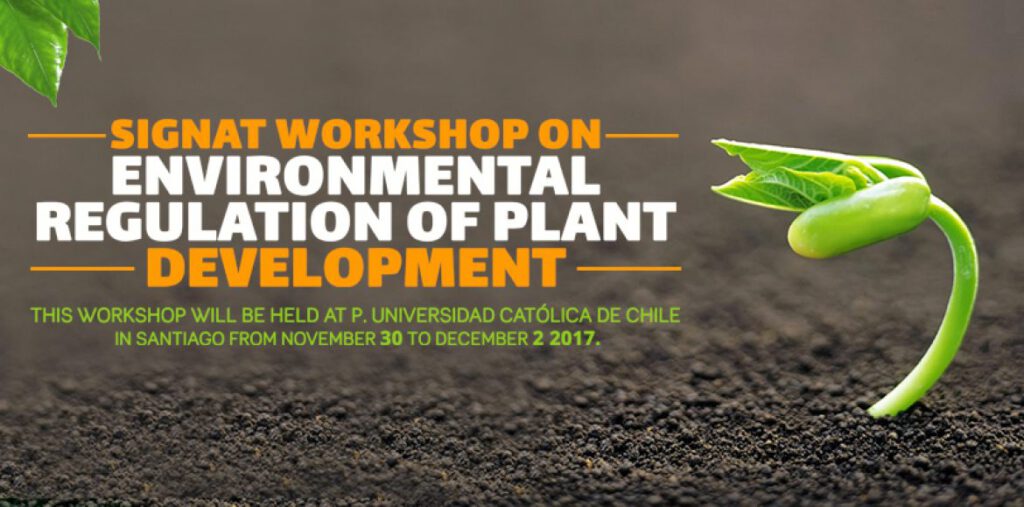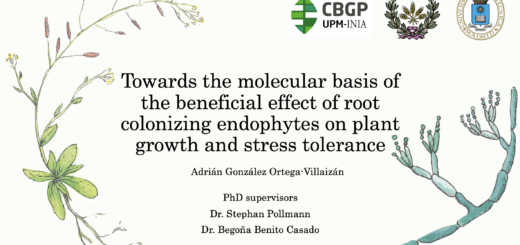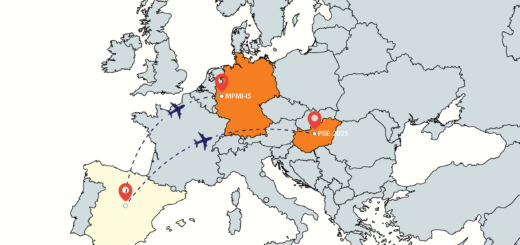Signat Workshop on Environmental Regulation of Plant Development

The trip to Chile is taking shape. Stephan is attending the SIGNAT Workshop on Environmental Regulation of Plant Development held at the Pontificia Universidad Católica de Chile in Santiago de Chile.
For more information on the program etc. refer to the conference web page: SIGNAT
Stephan will present a talk entitled:
“Indole-3-acetamide, a novel player controlling growth-defense tradeoffs?”
Summary:
Within the framework of genetic possibilities, plant yield is largely determined by a number of plant intrinsic properties and external factors, including photosynthetic capacity, as well as biotic and abiotic stresses. Plants employ a chemical-based network to control their developmental and physiological processes. Central to this network is a limited number of signaling molecules, referred to as plant hormones. They are responsible for the adequate transcriptional reprogramming of tissues, which is needed to answer external cues or for the maintenance of coordinated development. Plant defense is largely controlled by jasmonic acid (JA) and salicylic acid (SA). Over the past decades, however, the knowledge on plant hormone crosstalk has greatly improved and it turned out that also auxin and some other plant hormones contribute to stress responses and the control of the growth-defense tradeoff phenomenon. However, the crosstalk between auxin, JA and SA is still not fully defined with respect to biotic stress. Here, we present the functional characterisation of AMI1, an Arabidopsis thaliana IAM amidohydrolase contributing to cellular auxin homeostasis, that apparently acts as a novel molecular hub connecting the energy status of the plant with auxin levels and defense fitness. We were able to detect that AMI1 expression levels are controlled by glucose and sucrose, but most intriguingly we found that the ami1 T-DNA insertion line contains significantly increased JA contents and shows a higher resistance towards biotic predators.


